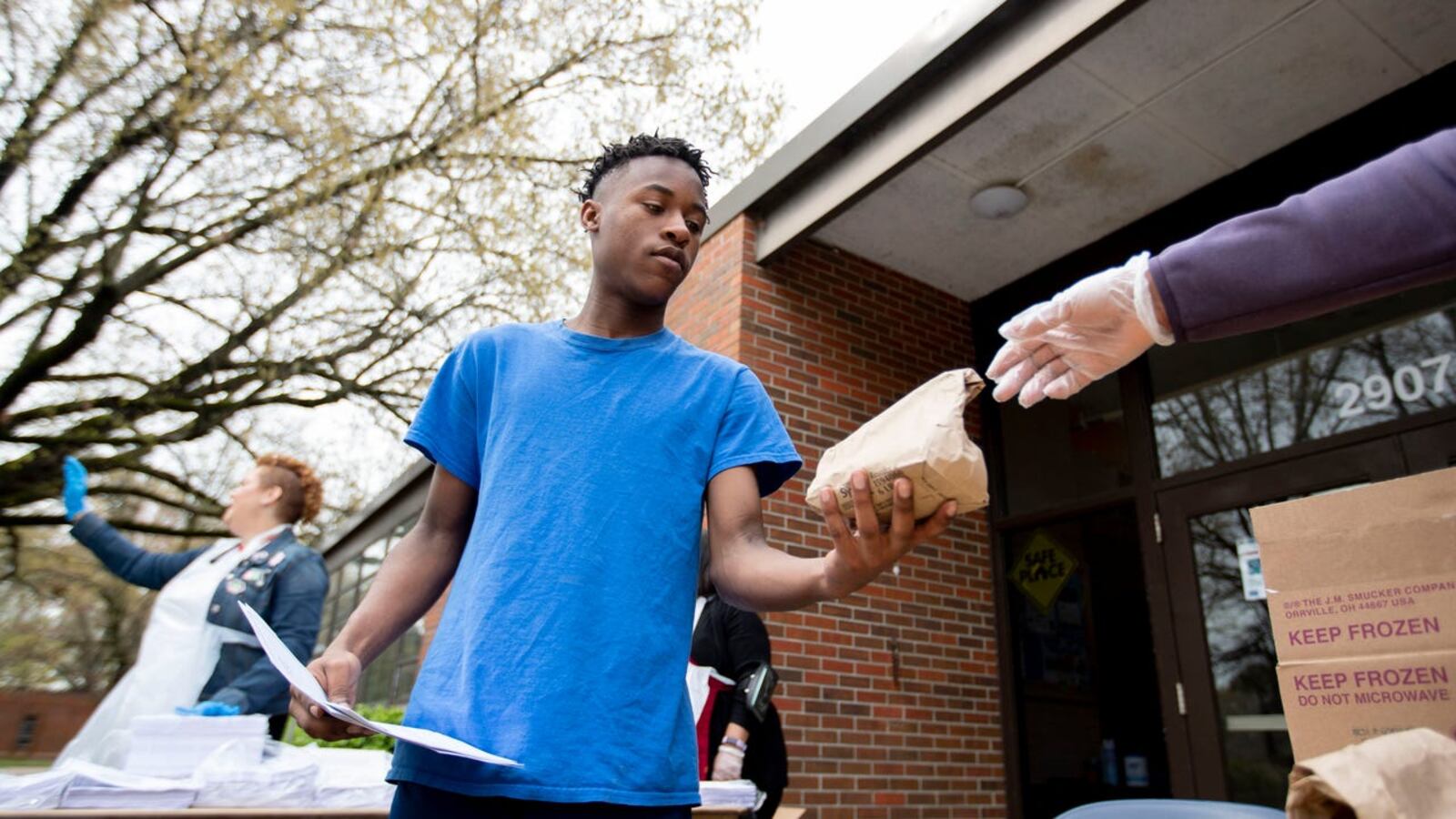As schools scramble to keep students learning during the coronavirus pandemic, some education-focused philanthropies are redirecting their work to help — though most of their initial efforts remain relatively small.
Many grantmakers say they are offering new flexibility to their grantees, allowing them to redirect money to where it’s needed. Some have created new emergency funds, or issued grants to help get laptops or cash into families’ hands. Meanwhile, school districts have sought private donations to address urgent needs, like students’ lack of internet access at home, as they transition to remote instruction.
“You see tons of funders saying, we know this is a moment to give more and give more flexibility,” said Celine Coggins, the executive director of Grantmakers for Education. “Within the funder community there is an all-hands-on-deck approach.”
Here’s how four of the largest education foundations and grantmakers are responding:
- The Bill and Melinda Gates Foundation says its “commitment to and overall objective of our education strategies are not changing.” But it is prioritizing supporting teaching by expanding “access to interactive, student-facing digital content and high-quality print materials” and “supporting data collection efforts to understand the impact of COVID-19 on educators and families.”
- The City Fund, which is funded primarily by John Arnold and Reed Hastings, said it has committed new $100,000 grants to in its 14 active cities, and also allowed those organizations to repurpose $100,000 of existing grants to respond to the coronavirus. That will total nearly $3 million in emergency support. In Oakland, for instance, the Oakland Reach has used this to provide small cash payments of families in need. In D.C., money has gone to a fund to make Wi-Fi and laptops available to students. In St. Louis, a nonprofit has created a “remote learning innovation fund.”
- The Chan Zuckerberg Initiative has awarded over $1.6 million to education groups, including money to those aiming to expand broadband access in the San Francisco Bay Area, to disseminate resources to parents, and to provide guidance to school districts moving instruction online.
- The Walton Family Foundation did not offer details. But along with the Kauffman Foundation, it has contributed to a $2 million education relief fund in Kansas City designed to support teachers, families, and schools with costs and challenges associated with COVID-19.
So far, most of the private grants in response to the virus amount to a few million dollars at most. By comparison, the federal stimulus for K-12 schools totaled $13.5 billion — and many worry it won’t be anywhere near enough, considering that high-poverty school districts are facing a daunting combination of greater needs and less money.
Education philanthropy expanded its influence in the years following the last economic recession, when the federal government offered Race to the Top money to states that adopted policies like teacher evaluations and charter schools also favored by big foundations.
That scenario is unlikely now, Coggins says, because of the backlash to those policies and disagreement among foundation leaders with the Trump administration. When the question of such collaboration came up with funders recently, she said, the answer was “a very strong no.”
Here are some examples of other, often locally focused, philanthropic responses — including some larger than what has been released by national funders. (Grantmakers for Education has compiled a lengthy list of philanthropic responses to COVID-19.)
- The Broad Foundation says that it has issued grants to three Los Angeles-area organizations, including The Mayor’s Fund, to help families facing financial hardship.
- NewSchools Venture Fund says it is repurposing money from its cancelled annual conference to support schools with new needs and also anticipates issuing grants to two Oakland organizations that provide direct support to low-income families.
- The Partnership for Connecticut, which is funded in large part by Dalio Philanthropies, has said it will provide laptops for 60,000 students in high-poverty high schools in the state.
- Comcast CEO Brian Roberts and his family have committed $5 million to buy laptops for Philadelphia students.
- The Schott Foundation has issued several small grants to help organizations supporting children and families’ basic needs, including food, clothing and school supplies.
- The Stuart Foundation has approved $2 million worth of rapid response grants, including to The California College Student Emergency Support Fund for $500 hardship stipends to California college students.
Arnold Ventures, the Chan Zuckerberg Initiative, the Gates Foundation, and the Walton Family Foundation are all supporters of Chalkbeat.


